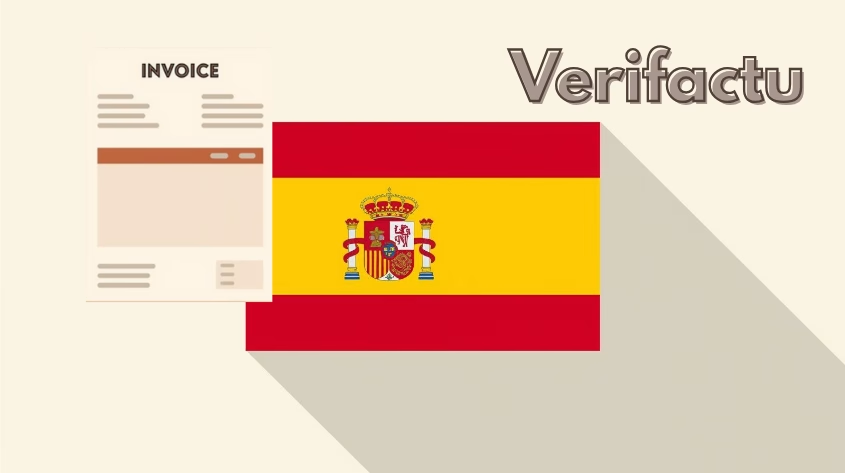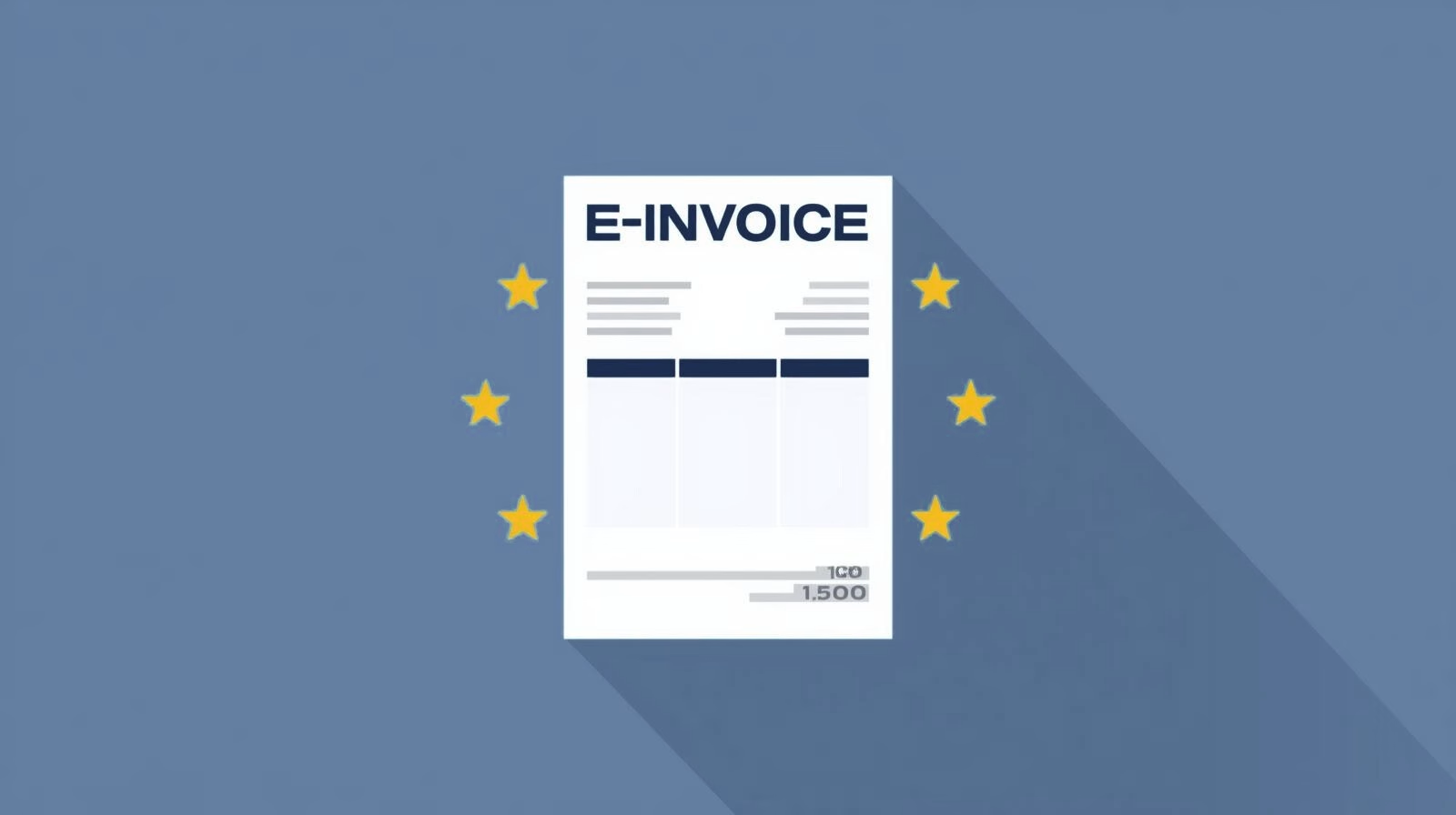Standard costs in SAP Business One enable constant, predictable inventory valuation and form a central basis for costing, Pricing and cost control. SAP Business One offers comprehensive functions for managing, analysing and Evaluation of this method - especially in the production environment.
They are one of the warehouse valuation methods available in SAP Business One. Each item is assigned a fixed price (standard price) at which the item is valued over time - regardless of the actual purchase price. All warehouse postings are made by the system on the basis of this standard price.
Valuation method: Standard price
- The defined standard price is used for postings to the stock account.
- Deviations between the purchase price and the standard price are reduced to a Variance account booked.
- The standard price is set in the article master under the tab "Inventory data" maintained.
- The standard price is initially set using the function "Stock revaluation".

Standard costs in the production process
- In the article master, register "Production data"the field "Production standard costs" maintained - as an estimate of the production costs.
- This value is included in the total costing of production bills of materials.
- the Standard cost allocation calculates the total costs in stages from components to the end product.
- Input: Standard production costs of components and resources. Output: Standard production costs of the finished product.
- A comparison of the article costs from "Inventory data" with the standard production costs is possible.
Standard costs of resources
- Up to ten different standard cost rates can be maintained in the resource master.
- These flow into the Goods-in-labour booking and influence the overall calculation.
Completion notification and deviation analysis
- With the completion notification of a Production order the finished product is posted to the warehouse with the standard costs.
- Deviations from actual costs are recognised and derecognised when the order is completed.
- Production reports and evaluations enable a differentiated analysis of time and cost deviations.
Influence on sales price and profitability
- The standard production costs often serve as the basis for calculating sales prices.
- They flow into the Gross profit calculation at the latest upon delivery or invoicing.
- The values calculated in the parts list "Total standard product costs" provide a basis for calculation, but do not include overheads or profit mark-ups.
Versino Financial Suite
TheVersino Financial Suite extends the use of the standard cost method in SAP Business One by automatically processing postings and variances, clearly displaying them in the Versino Financial Cockpit and documenting them in a legally compliant manner (GoBD/DATEV). This increases the transparency and traceability of standard cost processes. Companies benefit from more efficient cost controlling, improved financial reports, legally compliant accounting and a sound basis for decision-making - especially for planning, budgeting and strategic management. The Versino Financial Suite makes the standard cost method more effective, secure and economically valuable.
Administration & system settings
- The valuation method "Standard price" must be activated in the article master.
- For correct posting records, the Account determination corresponding G/L accounts must be stored (e.g. warehouse account, variance account, work in process).
- Various production reports contain information on standard cost curves.

Verifactu in Spain: the new invoicing obligation

The e-invoicing regulations in Europe

Versino Financial Suite V09.2025 for SAP Business One

Accounting outsourcing: Why it pays off for SMEs

CANDIS for SAP Business One
